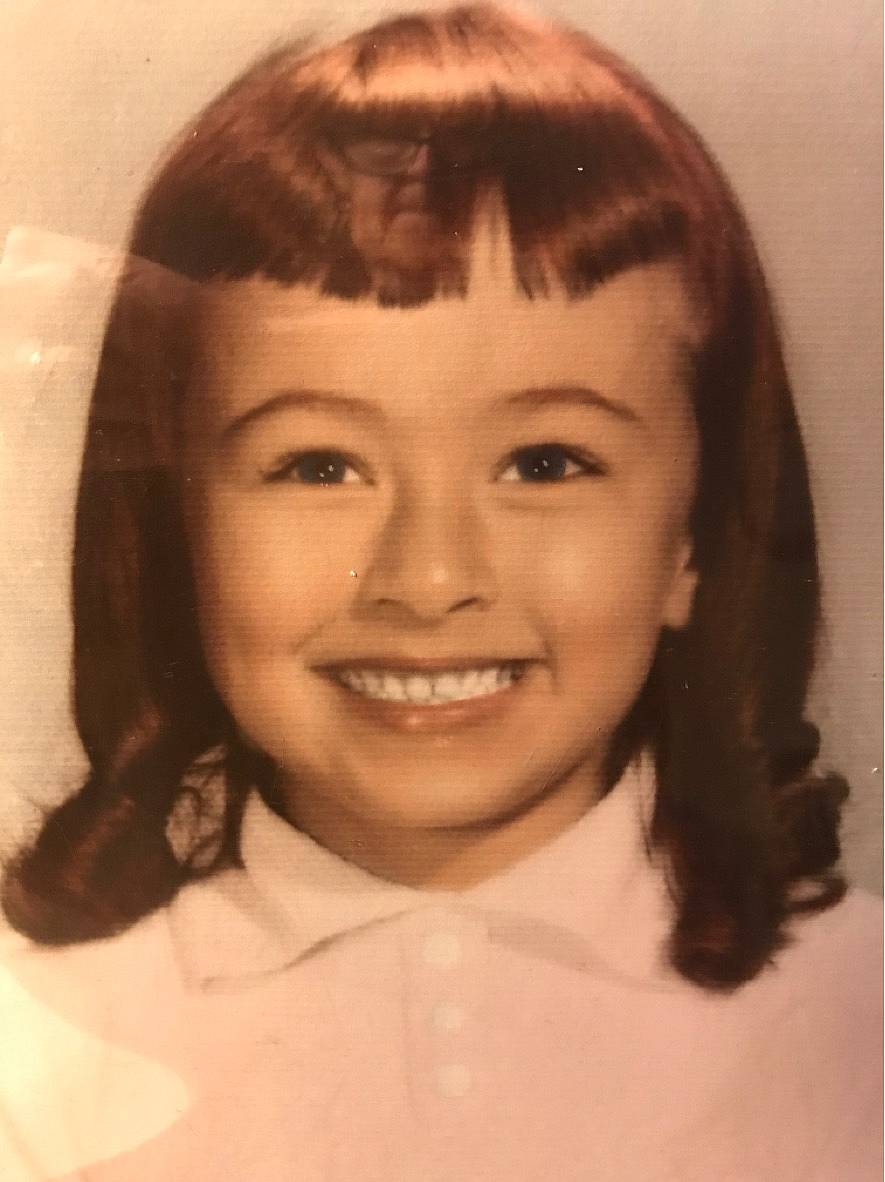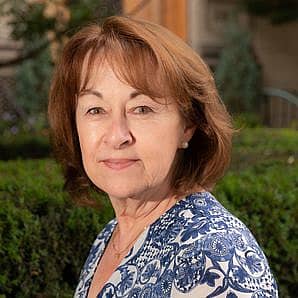It was a love of literature that brought me to education. I was a freshman at the University of CT, following a path to become a physical therapist. Along with a heavy load of science courses, I also took the required freshman English class. I well remember the book, Heart of Darkness by Joseph Conrad. I had always enjoyed reading, but something changed for me when I discovered, or maybe first appreciated, the symbolism and commentary below the plot, a true ah-ha moment for me. A year later when I discovered a career in medicine was not for me, I took a semester off, then changed my major to literature.
As I fed my newfound appetite for books, I began to understand the opportunities they offered – people, places, experiences, and cultures that opened my eyes – all those cliched benefits of reading. But then there was more, the deeper, richer personal growth that came from exposure and expansion. I like to think that literature made me more accepting, patient, empathetic – a better, more thoughtful person. And that’s why I went into education; to pass along the humanizing lessons of literature.
I began my career teaching high school English, where I lived my dream of sharing the classics, from Shakespeare to Twain to Melville. Short stories, drama, poetry, I loved it all. I was young and still developing my skills as a teacher, but my enthusiasm was unmistakable, and the kids responded. The next year, in addition to my standard CP English classes, I found I had a new assignment, Remedial Reading. This class was made up of 8 boys, who mightily struggled with the high school curriculum and the literature I wanted to share with them. Looking back, this was a definite turning point in my understanding of teaching. While my juniors finished the final scene of Death of a Salesman in my classroom with the shades drawn and the lights down, these guys were trying to make their ways through the most dreadful workbooks and insulting worksheets. There would be no humanizing lessons for them.
It wasn’t long after meeting these boys that some other benefits of education came into focus for me, critical things like equity, accessibility, and opportunity. At the age of 15, it had already been decided that school wasn’t for my RR students. They knew it and unhappily marked their time until they could move on. They would never experience the pleasure I found in books, visit the places, meet the people, think differently, bigger. I needed to try to open these doors for my students, but I lacked the technical skills. Over the next few years, I worked to get my degree in Special Education, and that changed everything.
For the next 3 decades, this was my work, from the early identification of learning challenges in preschoolers to teaching the foundations of literacy to elementary and middle school students, and back to the high schoolers experiencing their own form of exclusion. Yes, it was a change from my idealistic beginnings, but it was the foundation these children and adolescents needed and deserved. My students and I worked hard together to move through the drills and skills instruction of learning to decode, building vocabulary, and eventually finding meaning. Now they could experience that personal growth that reading offers, becoming more aware and thoughtful through the process. My goal of sharing the humanizing lessons found through reading didn’t change, but the path often times needed to take an indirect route. I hoped these extra steps gave my students the opportunity to extend beyond themselves, to have their own ah-ha moment, and to experience the love of literature that brought me to teaching in the first place.
Though I am no longer in the classroom providing instruction to my students, my work at McMillan is a natural extension of why I became a teacher. The ideals of equity and accessibility are more important than ever, and have a profound impact on our children. I still think back to my Remedial Reading students and wonder about the lasting harm done by their educational experience. I continue to work hard to educate my families about the possibilities, and to direct my students to the schools where they will find compassionate teachers who possess the skills to take them down whatever path is needed. Hopefully my students will discover a love of reading and literature that will teach them the important lessons to be found there.


